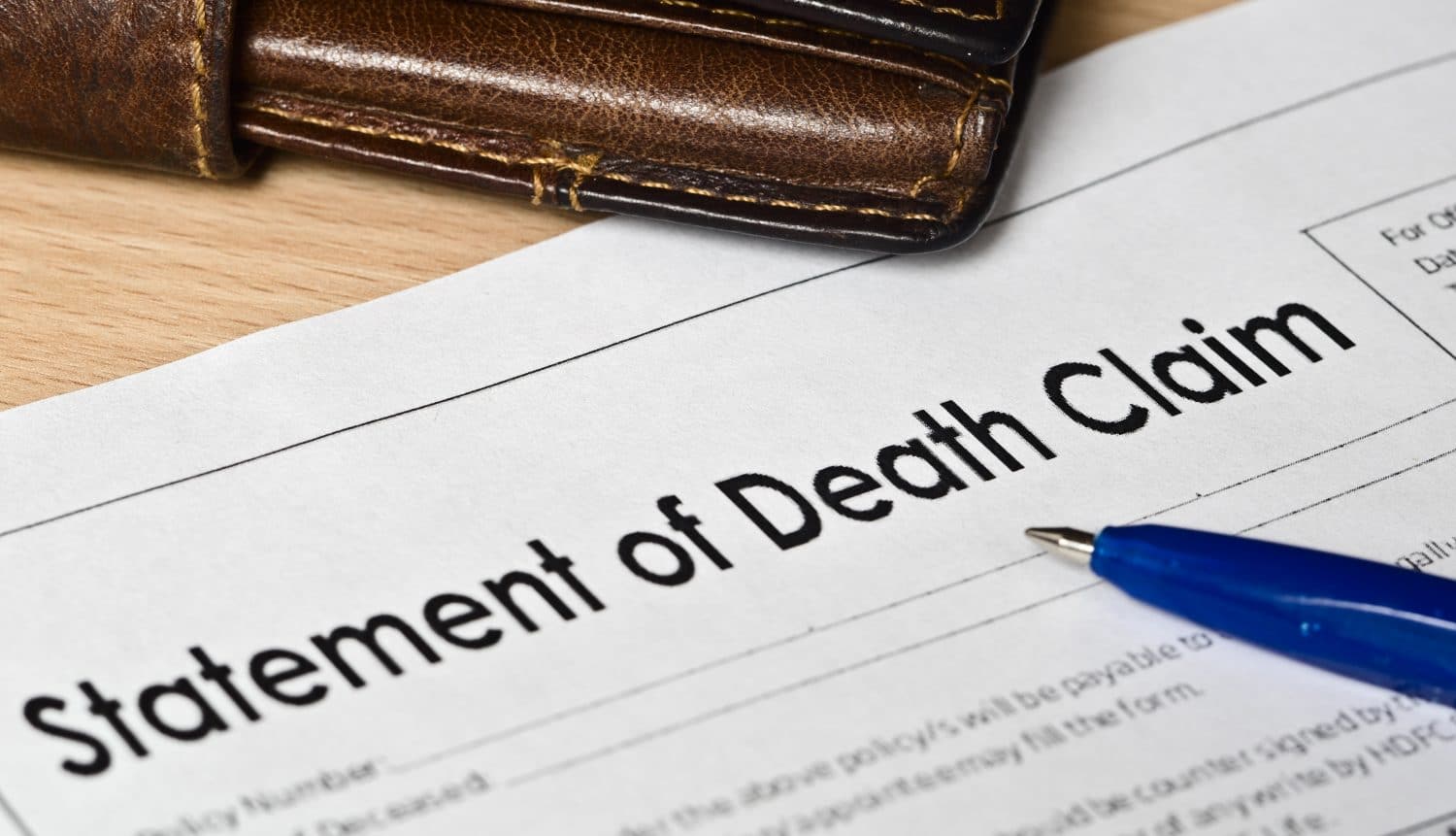If you’ve recently lost a loved one due to someone else’s negligence, certain surviving family members may be entitled to recover compensation for funeral and burial expenses, lost income and financial support, loss of companionship and guidance, mental anguish, and other losses.
However, you only have a limited amount of time to file a wrongful death claim in Texas. This is known as the statute of limitations. If you miss the deadline, you will be unable to collect any compensation.
So, what is the statute of limitations for wrongful death claims in Texas? For most cases, it’s two years. However, in a few exceptions the clock can be paused or delayed—or sometimes shortened. The best way to ensure you get the necessary evidence and file your claim on time is by contacting a wrongful death lawyer as soon as possible.
How the Wrongful Death Statute of Limitations Works Under Normal Circumstances
Wrongful death claims in Texas can be initiated a spouse, children, or parents of the deceased. (This includes parents and children related through biology or adoption, but not step relations). No other relatives are eligible to file. If no eligible family members file within three months of their loved one’s death, the personal representative of the deceased person’s estate can bring the claim.
Typically, you have two years from the date your family member passed away to file a wrongful death lawsuit. This applies to the vast majority of wrongful death cases.
But there are a couple of extra things to keep in mind here.
First, the date of death might not be the same as the date on which the wrongful act occurred. For example, if your loved one was severely injured in a car accident, survived for six months, but ultimately died as a direct result of the injuries they sustained, you have two years from the date of death to file a wrongful death suit.
Second, understand that the statute of limitations is the deadline to file a lawsuit. Not every wrongful death case requires taking this measure.
Family members that wish to seek compensation for a wrongful death would typically start the process by filing an insurance claim with the appropriate insurance provider (for example, an at-fault driver’s auto insurance policy). Both sides could then conduct settlement negotiations and potentially reach an agreement without filing a lawsuit.
However, the threat of wrongful death lawsuits is what keeps insurance companies “honest” (to at least some degree) in those negotiations. Once the statute of limitations expires, you have no way to force them to pay you. So, you should never wait until the statute of limitations is nearly expired to begin the process. Working with a Texas wrongful death lawyer as soon as possible after your loved one’s death can help ensure your claim is as strong as possible by the time you may need to file a lawsuit.
RELATED POST: Protect Your Wrongful Death Claim With These 3 Steps (crosleylaw.com)
Exceptions to the Two-Year Statute of Limitations for Wrongful Death in Texas
You Had No Reasonable Way of Knowing About the At-Fault Party’s Negligence at the Time of Death
In some cases, surviving family members might not know right away that their loved one’s death was caused by an act of negligence.
For example, imagine that your loved one was exposed to an environmental toxin at their workplace, got sick, and later died due to the exposure. At first, you thought it was just an unexplained illness. However, several years later, it is discovered that your loved one’s employer knew (or should have known) about the hazardous toxins and attempted to cover it up.
In a scenario like this, the two-year clock on the statute of limitations begins when the surviving family members “reasonably should have known” that the wrongful death was caused by negligence. Other situations where this situation might apply include cover-ups related to medical malpractice or defective products.
Legal Incapacitation
In some cases, a person who would be eligible to file a wrongful death claim is physically or legally incapacitated and unable to bring the claim. For example, if a surviving beneficiary has been diagnosed with a mental illness or neurological disease that makes it impossible for them to manage their own affairs, the clock may be paused on the deadline to file a claim. However, this exception is rarely granted and it’s wise not to rely on it.
The Person Bringing the Wrongful Death Claim Was a Minor Child When Their Loved One Died
Under normal circumstances, the Texas wrongful death statute allows a surviving spouse, parents, or children of the deceased person to file a wrongful death claim.
If any of the eligible beneficiaries are minor children, then the two-year countdown on filing a wrongful death suit begins on their 18th birthday. (In other words, they have until their 20th birthday to file.)
Note that children are not required to wait until they reach adulthood to be covered by a wrongful death claim. Texas law allows a parent or the personal representative of the deceased person’s estate to file on behalf of any minor children. This is typically what would happen, but the exception remains valid.
Claims Against the Government
If the party responsible for the wrongful death was a government entity or employee, you typically have only six months (rather than two years) from the date of death to formally notify the defendant of your intention to file a wrongful death lawsuit. An example of this type of scenario would be if your loved one was killed in a crash caused by the driver of a municipal bus.
However, this may vary by jurisdiction. Furthermore, cases involving the government can be especially complicated due to additional protections and regulations. If you are considering a wrongful death action against any government entity, we strongly urge you to speak with a Texas wrongful death lawyer as soon as possible.
Time May Be Running Out Faster Than You Think
While it might seem like two years is plenty of time to put together a wrongful death case, you should never delay speaking with an attorney about your legal options. Here’s why:
- Loss of evidence. You may have two years to file a lawsuit, but the evidence you need to prove someone else was responsible for your loved one’s death probably won’t stick around that long. Crucial evidence can start to disappear within days after a car crash, workplace accident, or other injury.
- Lengthy legal process. Your attorney’s job is to build you the best possible case. Depending on the circumstances, it’s not unusual for our team to spend several months investigating the death, collecting evidence, talking to experts, and researching before making a demand to the insurance company. After that, there may be more back-and-forth negotiations. If you wait until close to the statute of limitations to begin this process, there might not be enough time.
In short, regardless of what the statute of limitations may be, the best time to speak with a wrongful death attorney about your legal options is always as soon as possible.
CLIENT SUCCESS STORY: A $28 Million Verdict for a Grieving Family: Ed and Aleshia’s Story (crosleylaw.com)
Call Crosley Law Today
If a loved one has been killed in an accident that wasn’t their fault, the clock is already ticking on your opportunity to file a legal claim for compensation.
We know that nothing we can do can ever bring your loved one back to you. But you still deserve compassionate treatment and meaningful compensation that can help you and your family get peace, closure, and stable financial footing to begin rebuilding your life.
To schedule your free, no-fee, no-obligation consultation with a Texas personal injury attorney at Crosley Law, call 210-LAW-3000 | 210-972-8470 or fill out our brief contact form .
The content provided here is for informational purposes only and should not be construed as legal advice on any subject.








